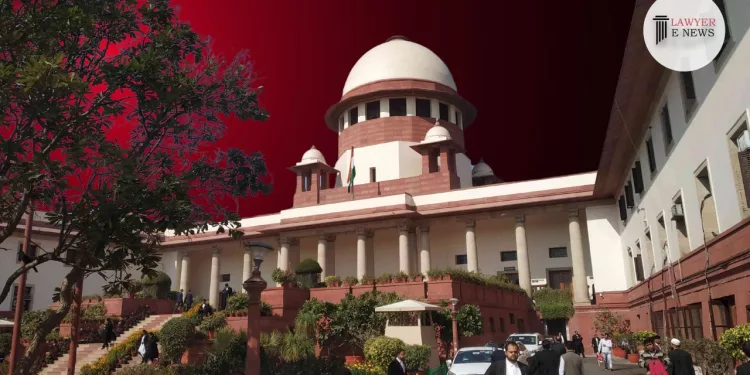No Mini Trial At Stage Of Deciding Quashing Of Proceedings: Supreme Court Reinstates Criminal Proceedings In Dowry Harassment Case

In a significant ruling, the Supreme Court of India has partially set aside a High Court judgment which had quashed criminal proceedings against certain respondents in a dowry harassment case. The apex court criticized the High Court’s approach of conducting a ‘mini trial’ at the stage of deciding the quashing of proceedings, emphasizing that such a detailed scrutiny of evidence and allegations is not permissible.
Legal Context and Background:
The appeal arose from a High Court order that had terminated criminal proceedings and non-bailable warrants under the IPC and Dowry Prohibition Act against the appellant’s in-laws, citing reasons such as non-compliance with procedural norms, lack of jurisdiction, and generic allegations in the FIR. The Supreme Court examined the allegations and procedural aspects involved, focusing on whether the quashing was justified.
Facts and Issues:
The appellant, Priyanka Jaiswal, lodged a complaint alleging that her in-laws and husband harassed her for dowry. Following the non-response to police notices, non-bailable warrants were issued against the accused. The High Court, however, quashed these proceedings, which led to the appeal in the Supreme Court.
Detailed Assessment by the Supreme Court:
General Allegations: The Court noted that the High Court had improperly dismissed the allegations as generic without sufficient examination. It pointed out that specific allegations against certain respondents (Nos. 3, 4, and 8) regarding dowry harassment were discernible from the complaint, hence reinstating proceedings against them.
Jurisdiction and Arrest Procedures: The Supreme Court found fault with the High Court’s interpretation of jurisdiction and procedural errors concerning the issuance of notices under Section 41A of Cr.P.C. It established that the trial court in Jamshedpur had jurisdiction as the appellant resided there post her ousting from the matrimonial home.
Non-Compliance with Section 41A: While acknowledging procedural missteps in the arrest of the respondents without proper notices, the apex court stressed that such errors do not merit quashing the entire proceedings, particularly when potential offenses are disclosed.
Decision: The Supreme Court allowed the appeal partially, reinstating the proceedings against respondents 3, 4, and 8, linked directly to the dowry demands and abuse. It upheld the quashing of proceedings against respondents 5 to 7, where the allegations were found vague or insufficiently detailed.
Date of Decision: April 30, 2024
Priyanka Jaiswal v. The State of Jharkhand and Others





